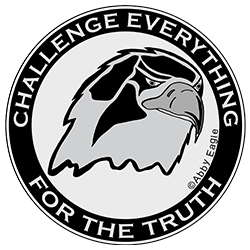
In this NLP Neuro Semantic article, Michael Hall talks about close mindedness - and how some people just refuse to consider the other side of the argument - and offers some insights from NLP & Neuro Semantics. Phone 07 5562 5718 or send Abby an email to book a free 20 minute telephone or Skype session. NLP, Hypnotherapy and Medtation, Gold Coast, Robina.
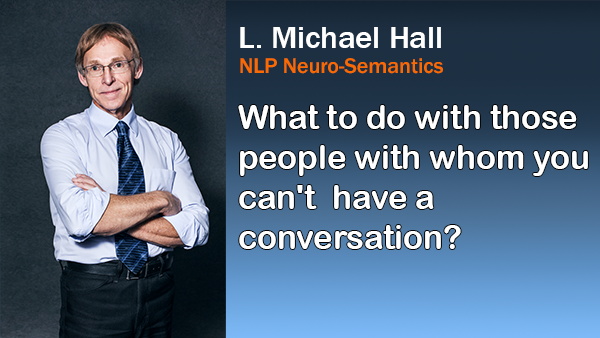
What to Do With Those People With Whom You Can't Have A Conversation?
By L. Michael Hall, 2020 Neurons #28 June 1, 2020
Thinking for a Living (#13)
"To have a real and authentic conversation, you have to have two persons who are willing to be open-minded and think critically. Each person has to be willing to start from the position that they do not know-it-all and that they may be mistaken. If you cannot start on this premise, you really cannot have an authentic conversation. You can have a debate! You can banter back and forth trying to see who can “win” points over the other and “defeat” the other, but you cannot have an open conversation that encourages true thinking, exploration, and learning.
I learned this afresh during the past two weeks with some NLP Trainers. Yes, NLP trainers! And yes, you would think (well, I would think) that someone who has been trained in the Meta-Model of Language would know better, but lo and behold, I found out that it is not so. When I invited them to at least consider the idea that there are other views about viruses, epidemiology, microbiology which the mainstream media has been presenting, some cannot and will not even consider that possibility. They closed down the conversation before it began.
[And considering is the first step in real thinking, after that comes questioning, doubting, inferring, etc. See Executive Thinking (2019)]
Instead, three or four of the well-known trainers immediately went into attack against me, against the person presenting the ideas, and used all sorts of fallacious arguments. They attacked the person— the ad hominem argument, attacking the character of the person, non sequitur argument by bringing irrelevant side issues, and straw man argument, exaggerating the position until it was ridiculous and easy to defeat.
Now it has been said that when you cannot reason logically about a position, the best thing is to raise your voice, passionately pound your fist on the table, and accuse the person presenting a radical idea or an unthinkable idea. And that’s pretty much what happened. I asked a question, “Is there anything that this person said that was true, good, and you could agree with?” No reply. Later I repeated the question, “I refused to listen to him from that perspective.” When I asked why, he said, “That’s the way to get seduced into falsehood.”
“Oh really? You cannot think critically sufficiently well enough so that you could tell what’s right and what’s wrong? [pause] ... Does the fact that someone might make some good points mean that you have to agree with everything the person says?”
What I walked away from the furor caused by the invitation to think was that even in the field of NLP and even among those who are trainers and leaders— critical thinking is severely missing. That’s because critical thinking requires more than just the intellectual understanding of how to ask questions, how to following a line of thinking, how to recognize cognitive distortions, fallacies, and biases. It requires an emotional state of openness and vulnerability. For myself, I am quite willing to listen to, read, and have a conversation with someone I disagree with, even strongly disagree. Why? Because I might learn something. Because I might be wrong. Because I might not have the critical information that I need. Because whatever the person says is his or her understanding ... and there will always be good points in that person’s position.
Conversing over areas of disagreement does not mean you have to agree. You are just talking, considering, thinking things over, thinking things through, sorting out sources of information, asking about what science the person is depending on, etc. It is when people cannot and will not talk with each other that they then fall back to power maneuvers, the last of which is violence. That’s how the human race has pretty much behaved in all of the millennia until now. But today war and violence is far too deadly. Plus, and more importantly, using violence to solve differences of opinion really does not solve anything.
We solve differences of opinion by talking things out, reasoning together. Now we are to “communication” and why it is so important. By talking through difficult issues, taking the time to listen to each other, to understand each other, and to think about our thinking—the meta-thinking of examining the quality of our thinking— that’s how we resolve conflicts and differences.
Yet most people do not know how to do this. That’s because it requires certain competencies and the ability to manage one’s states. The person who doesn’t know that gets his “buttons pushed,” becomes defensive, and then the “conversation” degrades into a debate, a battle of wits, a bantering of name-calling. This happens in business, it happens in politics, it happens in families, it happens on a regular basis among us humans.
One insight from this is the essentiality of clear, effective, and respectful communication. And that’s the domain of NLP and Neuro-Semantics. Yes, the US government, and most other governments, classified “training” as non-essential. Training in communication is non-essential!? Actually, it is the most essential thing of all." __ Michael Hall
If you would like to improve your communication skills then take a look at the NLP Peace Mapping Model. It combines a number of NLP tools and language patterns to help you map out a conversation, get on the same page and track the conversation - and most importantly giving you tools to explore the topic from various angles and find peaceful outcomes.
You are also welcome to join Abby Eagle's NLP language patterns practice group on Facebook. Click here: Facebook NLP & Hypnotherapy Group.
Share With Friends
| DISCUSSION GROUPS | |
|---|---|
 |
|
| NLP Future Selfing | |
| NLP, Hypnotherapy & Meditation | |
| NLP Peace Mapping | |
| Facebook Discussion Group | |
| The secret of high achievers |
|---|
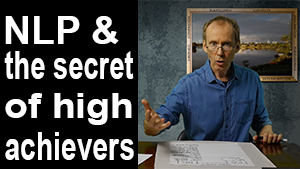 |
| How to build a powerful team |
 |
| Learn the NLP Meta Model |
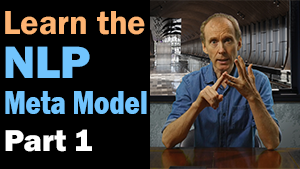 |
| How I stopped drinking alcohol. |
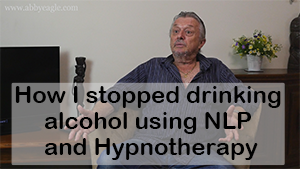 |
| How to coach yourself using NLP. |
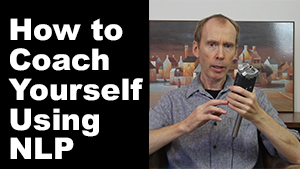 |



